The New Loneliness Health Agenda from Dr. Vivek Murphy, US Surgeon General
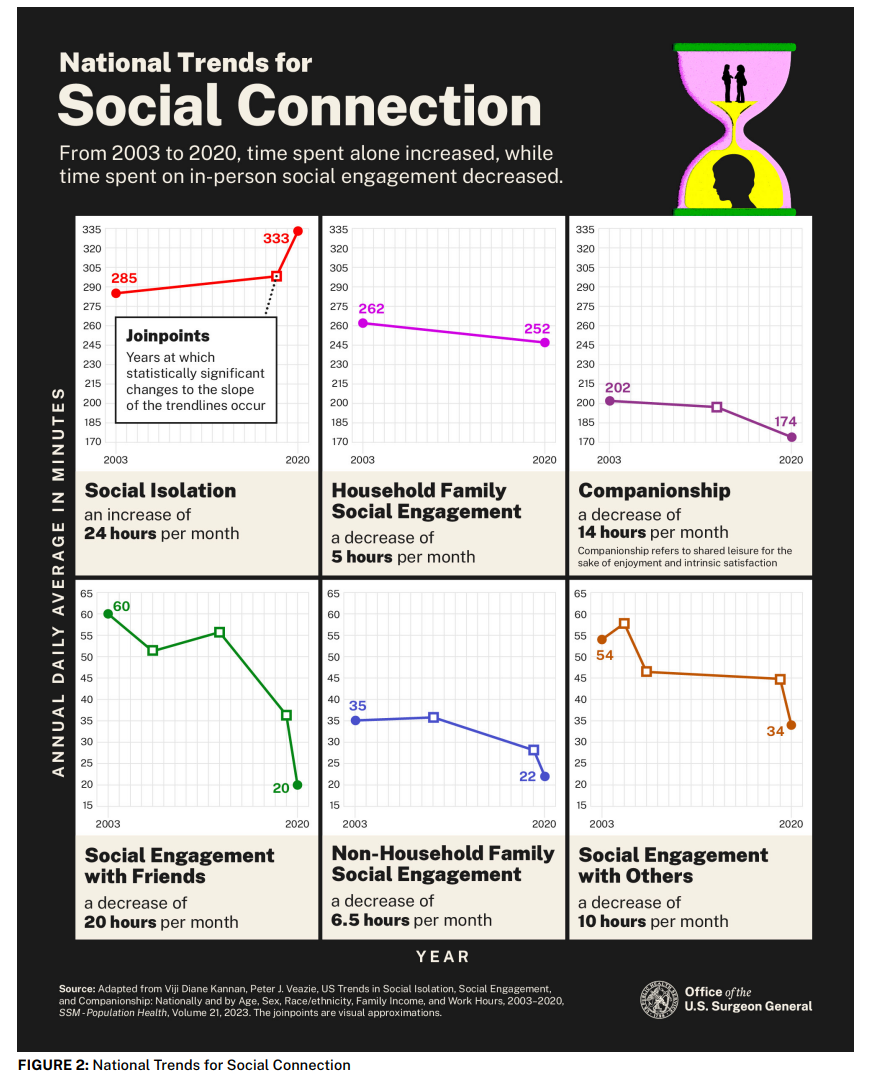
This week, U.S. Surgeon General Dr. Vivek Murthy unveiled a plan to address loneliness in America. This isn’t a theoretical thing: Dr. Murthy has come out of the loneliness closet to tell us that he, too, has confronted and dealt with to loneliness, putting himself out there/here as Exhibit A in the epidemic of Americans who are lonely — and suffering risks across every dimension of personal and social health. The New York Times published Dr. Murthy’s op-ed on the issue in the Sunday issue in a call-to-action titled, “We have become a lonely nation. It’s time to fix that.”
Women’s Health on Her Own Terms – “She Knows” What She Needs
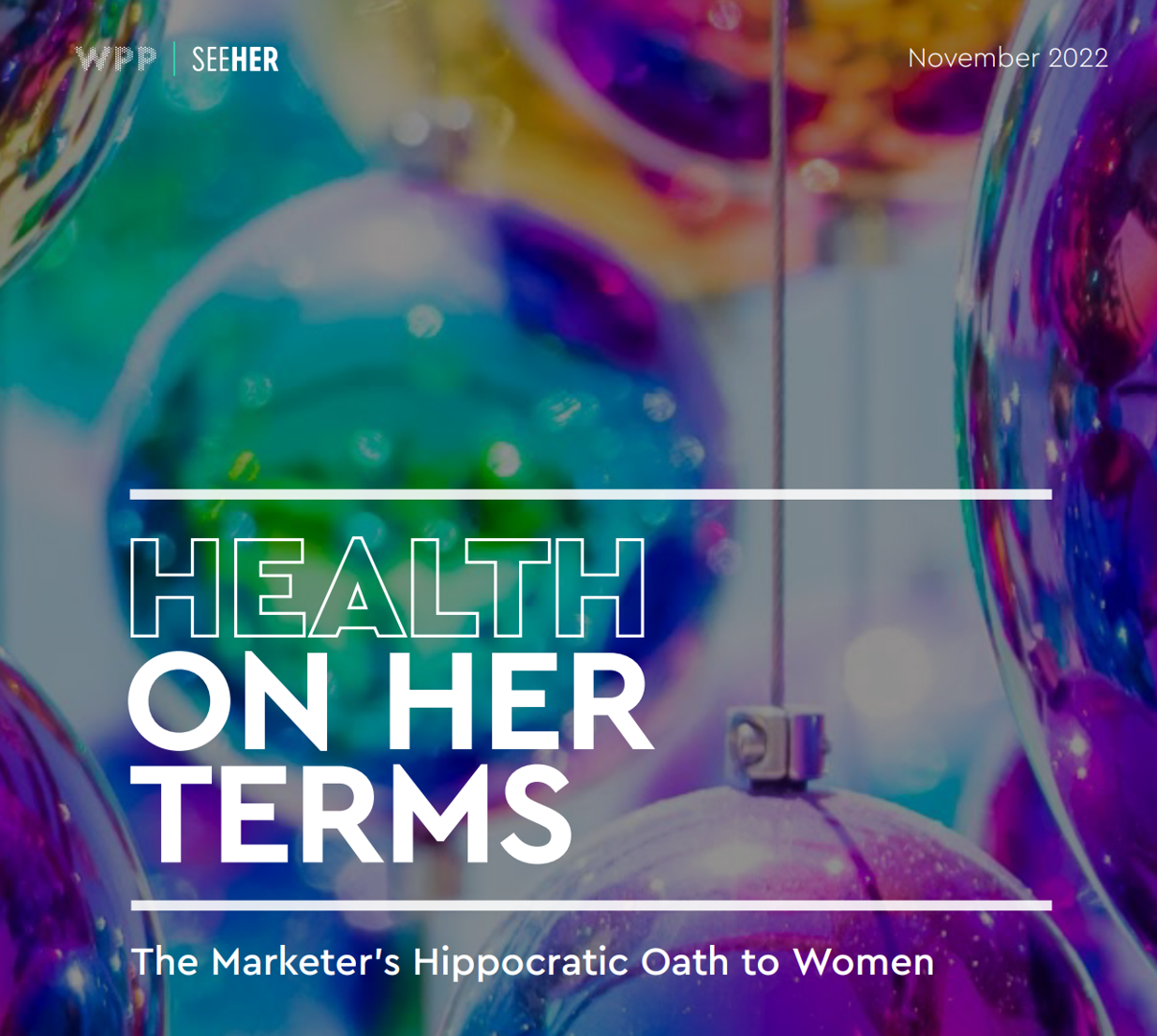
Despite some improvement in the representation of women by cinema, TV shows, and brands, distortions in media remain that are risks to women receiving appropriate health care. Breaking through taboos of weight, reproductive services, and mental health are the top 3 factors preventing women from getting proper care, according to Health On Her Terms, a research study from WPP and Ogilvy partnering with SeeHer, an organization of collaborations from media, technology, business, education, and other sectors (including over 7,000 brands) focused on the accurate portrayal of women and girls in society. Taglined as “The Marketer’s Hippocratic Oath to Women, the
Thinking Pharma on a Friday: Europe’s Big Reforms for a Health Union & the U.S. 50-State Fragments
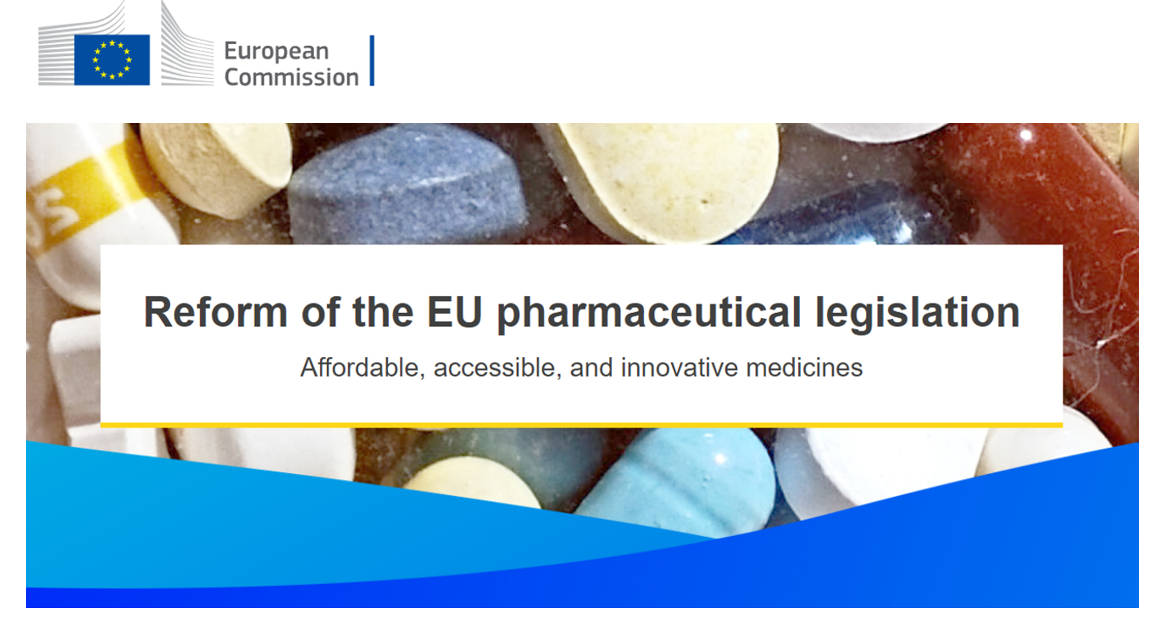
The COVID-19 pandemic re-shaped European Union leaders to reimagine healthcare, public health, and health citizenship in the EU. Welcome to #HealthUnion, the hashtag that the European Commission has adopted with the vision of assuring access to medicines for all people living in the 27-nation EU area — regardless of socioeconomic status. On 26th April 2023, the EC unveiled the most significant reforms for the region’s pharmaceutical industry in twenty years. It’s really a package or “toolkit” in the words of EC Health and Food Safety Commissioner Stella Kyriakides for addressing several strategic health pillars
Bolstering Health Literacy in a Little Book: Burn Prevention and Care With “The Family Oops”

About 180,000 deaths are attributable to burns each year, according to the World Health Organization. Non-fatal burns are a leading cause of morbidity. The good news is that burns are preventable, and we learn several terrific strategies for doing so from The Family Oops and Burns First Aid. This mighty little book, all of 28 pages and measuring 5.5 x 5.5″ square, packs a huge amount of self-care knowledge about burn prevention and treatment for home and workplace — the two sites where most burns happen, WHO attests. The Family Oops is a wonderful example of how a health literacy
Health Care Financing: How Inflation and Health Care Prices Could Hit the U.S. Consumer
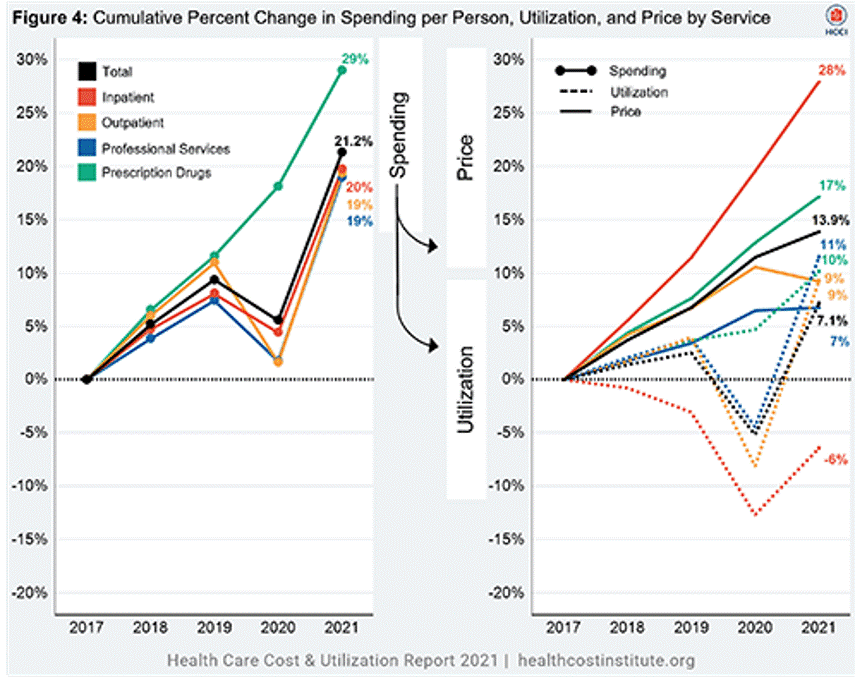
In the U.S. in 2021, per person health care spending increased by nearly 15%, reversing 2020’s spending decline of 3.5% in the first year of the COVID-19 pandemic. The latest Health Care Cost and Utilization Report from the Health Care Cost Institute (HCCI) details health spending in 2021, dissecting the change in terms of utilization of services and prices by category. That’s a big rise over consumers’ household inflation for food, energy, and other kitchen-table considerations, prompting me to look for additional context from a recent paper published by the OECD on Health care financing in times of high inflation,
Food Is Medicine, Especially When You Are Hungry – The American Heart Association‘s FIM Initiative
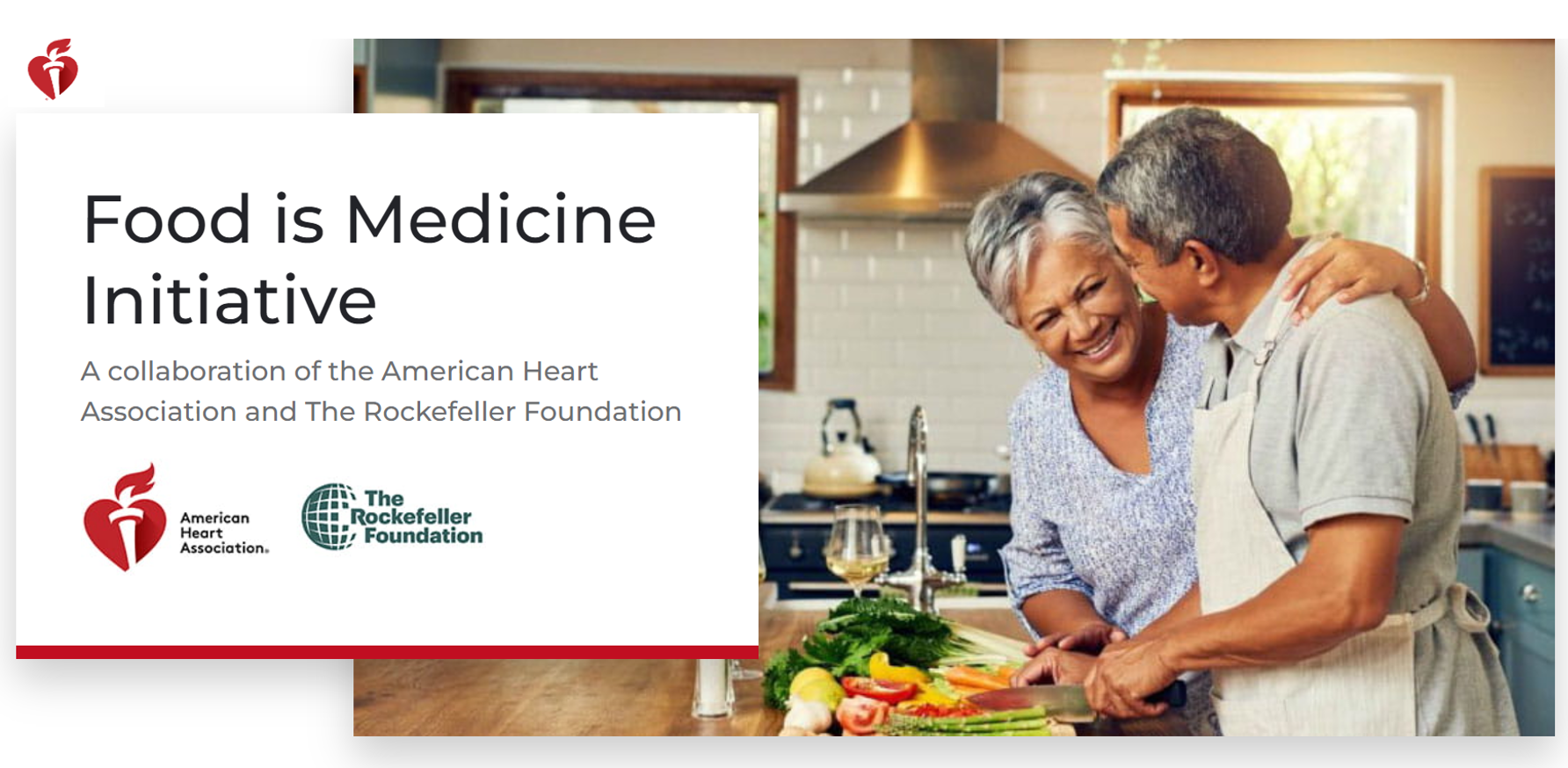
Food is a basic need, fundamental to our lives and well-being. And for millions of people around the world, and innumerable health citizens in the U.S., food security is part of daily life in 2023. Furthermore, as the U.S. Congress faces voting on the debt ceiling, the issue of SNAP benefits for nutritional assistance (aka “food stamps”) has been identified as a negotiating line-item by certain Federal budget-cut minded folks. That’s why the Food Is Medicine Initiative, launched collaboratively between the American Heart Association and The Rockefeller Foundation, is so timely and welcome. “The vision for
Consumers Expect Every Company to Play a Meaningful Role in “My Health” – New Insights from the 2023 Edelman Trust Barometer
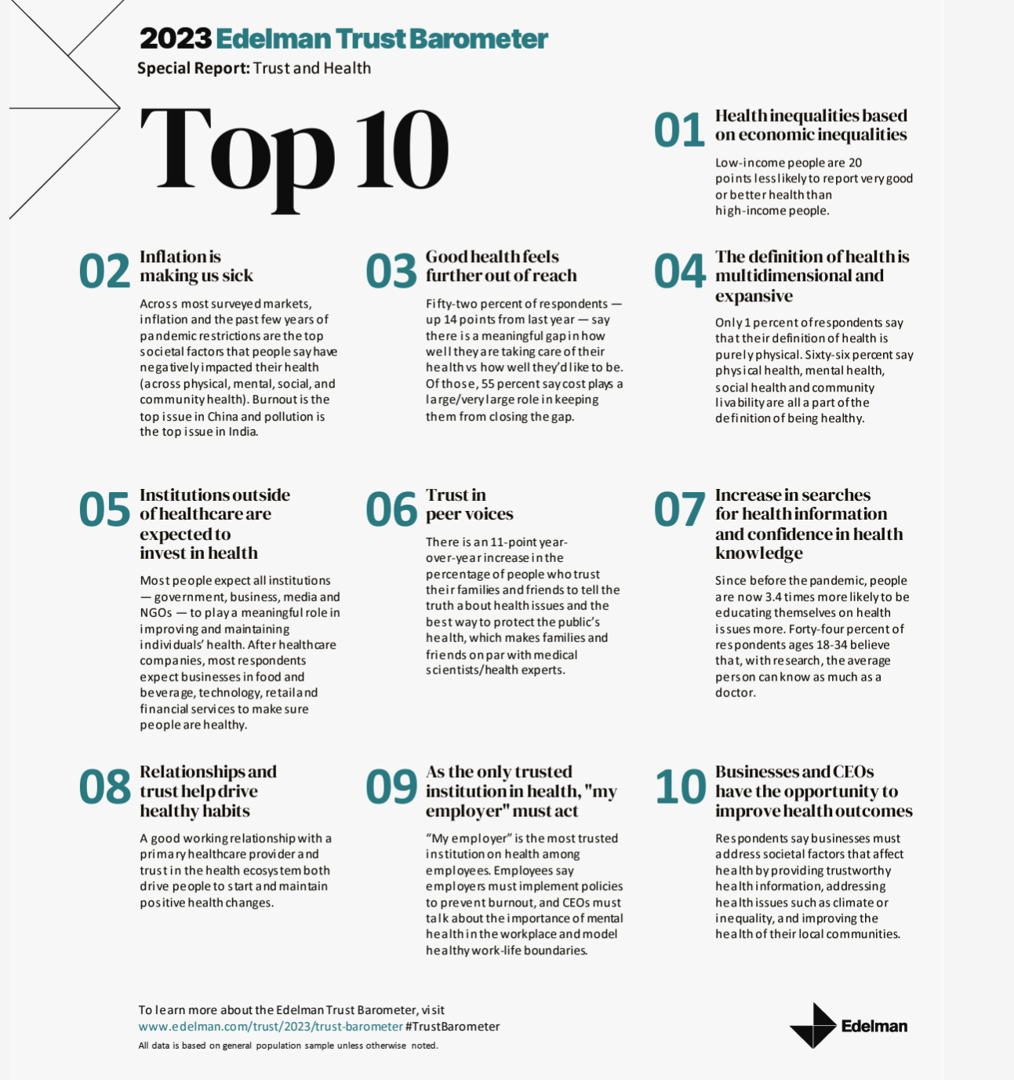
People have expanded their definitions of health in 2023, with mental health supplanting physical health for the top-ranked factor in feeling healthy. Welcome to the Edelman Trust Barometer Special Report: Trust and Health, released this week, with striking findings about how the economic, post-pandemic life, pollution and climate change all feed mis-trust among citizens living in 13 countries — and their eroding trust for health care systems. While these factors vary by country in terms of relative contribution to citizen trust, note that in the U.S., social polarization plays an outsized role in factors that “make us
“Your care, your way:” Learning from the Philips Future Health Index 2023
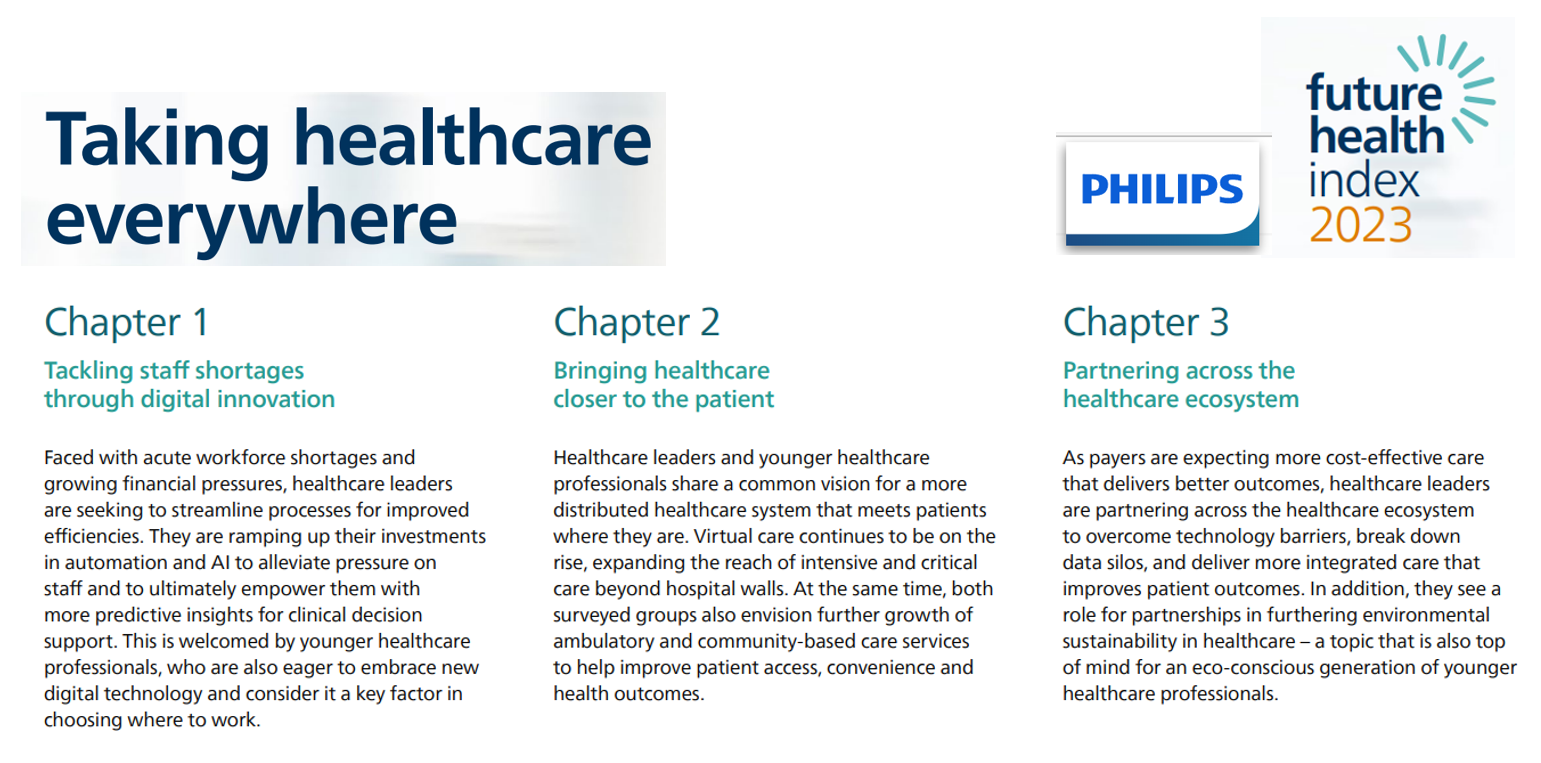
Consider the key drivers of supply and demand in health care, globally, right now: On the medical delivery supply side, the shortage of staff is a limiting factor to continuing to deliver care based on the usual work-flows and payment models. On the demand side, patients are taking on more demanding roles as consumers with high expectations for service, convenience, and safe care delivered closer to home — or at home. This dynamic informs The Future Health Index 2023 report from Philips, launched this week at HIMSS 2023. This is the eighth annual global FHI report, with detailed country-specific analyses to
My Health, My Data – Thinking Consumers, Privacy and Self-Care at HIMSS 2023
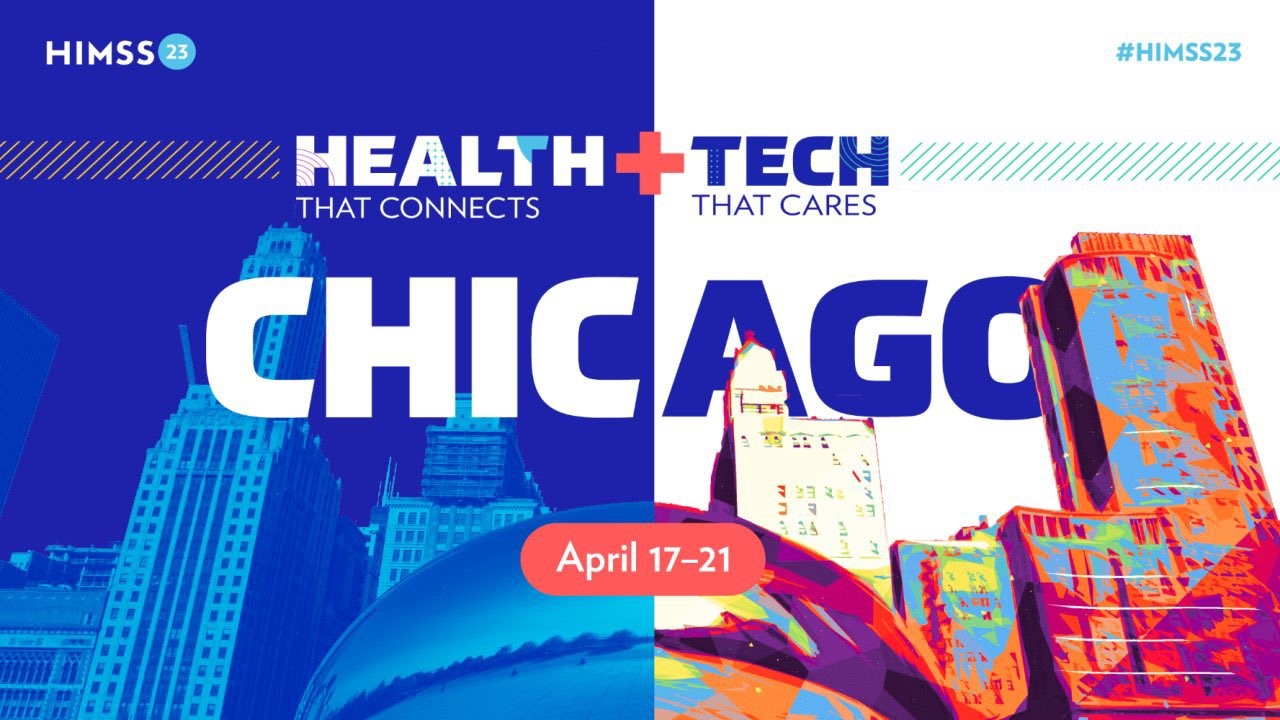
The Washington State legislature passed House Bill 1155, aka the My Health, My Data Act, last week. Governor Jay Inslee is expected to sign this into State law later this year. The bill expands privacy protections for Washington State’s health citizens beyond HIPAA’s provisions. The My Health, My Data Act defines “consumer health data” as “personal information that is linked or reasonably linkable to a consumer and that identifies a consumer’s past, present, or future physical or mental health.” The ethos of the name and the intent of this law is a perfect vision for
Appreciating Water as a Driver of Health: Designing for Good, from the UN to Liberia and Flint, Michigan
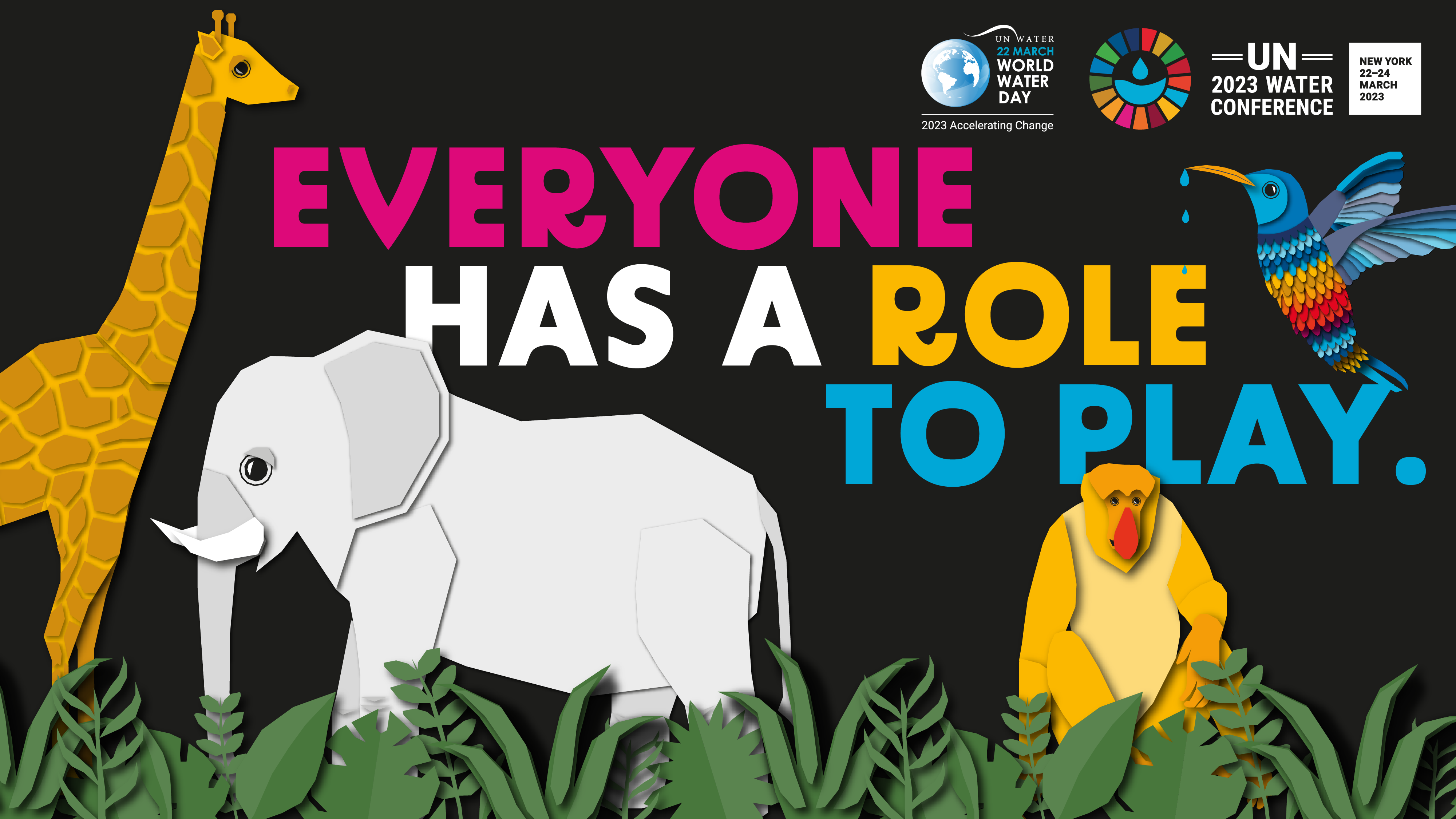
The United Nations (UN) convened the 2023 Water Conference convened March 22-24, 2023, in New York City. The meeting brought together stakeholders from all over the world to brainstorm how to meet UN sustainability development goals (SDGs) for #6 of the 17 SDGs addressing clean water and sanitation. This event was billed in the words of the conveners, a “watershed moment to tackle the global water crisis and ensure a water-secure future.” That water-secure future is a critical factor in the well-being for both people and Planet Earth, quantified in the first
The ROI on Feeling Cared-For At Work – Employer Trust, Love, and Building the Joyconomy
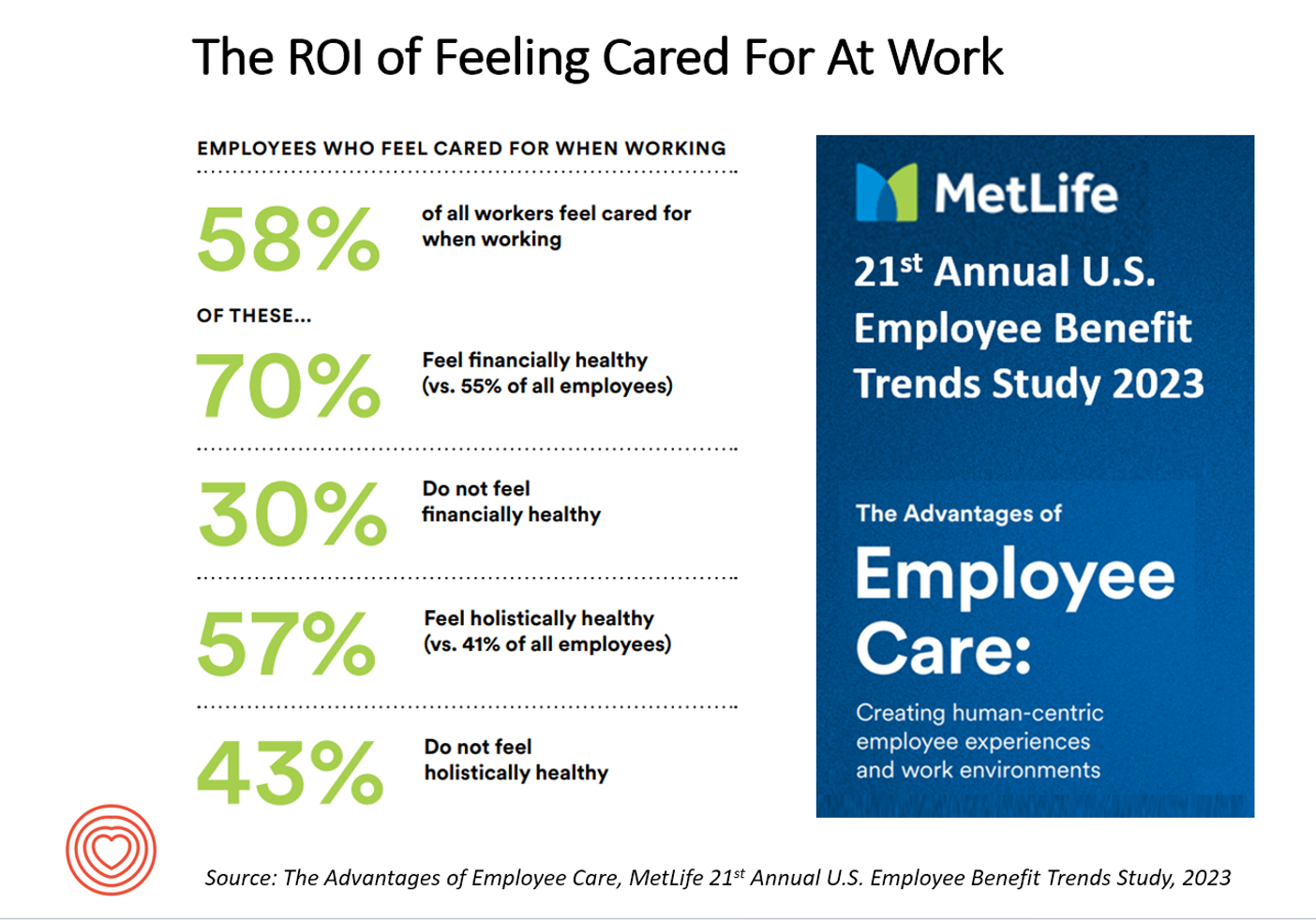
“Can employers afford not to care?” MetLife’s 21st annual U.S. Employee Benefit Trends Study asks and answers that question, with a resounding and evidence-based “NO.” I’m in Salt Lake City today discussing the drivers of health, “yesterday, today, and tomorrow” at the Virgin Pulse Thrive Summit, celebrating the ten-year anniversary of the company. As you would expect from an organization that is part of Richard Branson’s business ecosystem, the meeting will be energetically produced, delivering insights wrapped in info-taining ways. One of those features will be my being invited to create a
The Commercial Determinants of Health – How the Private Sector Shapes Public and Peoples’ Health
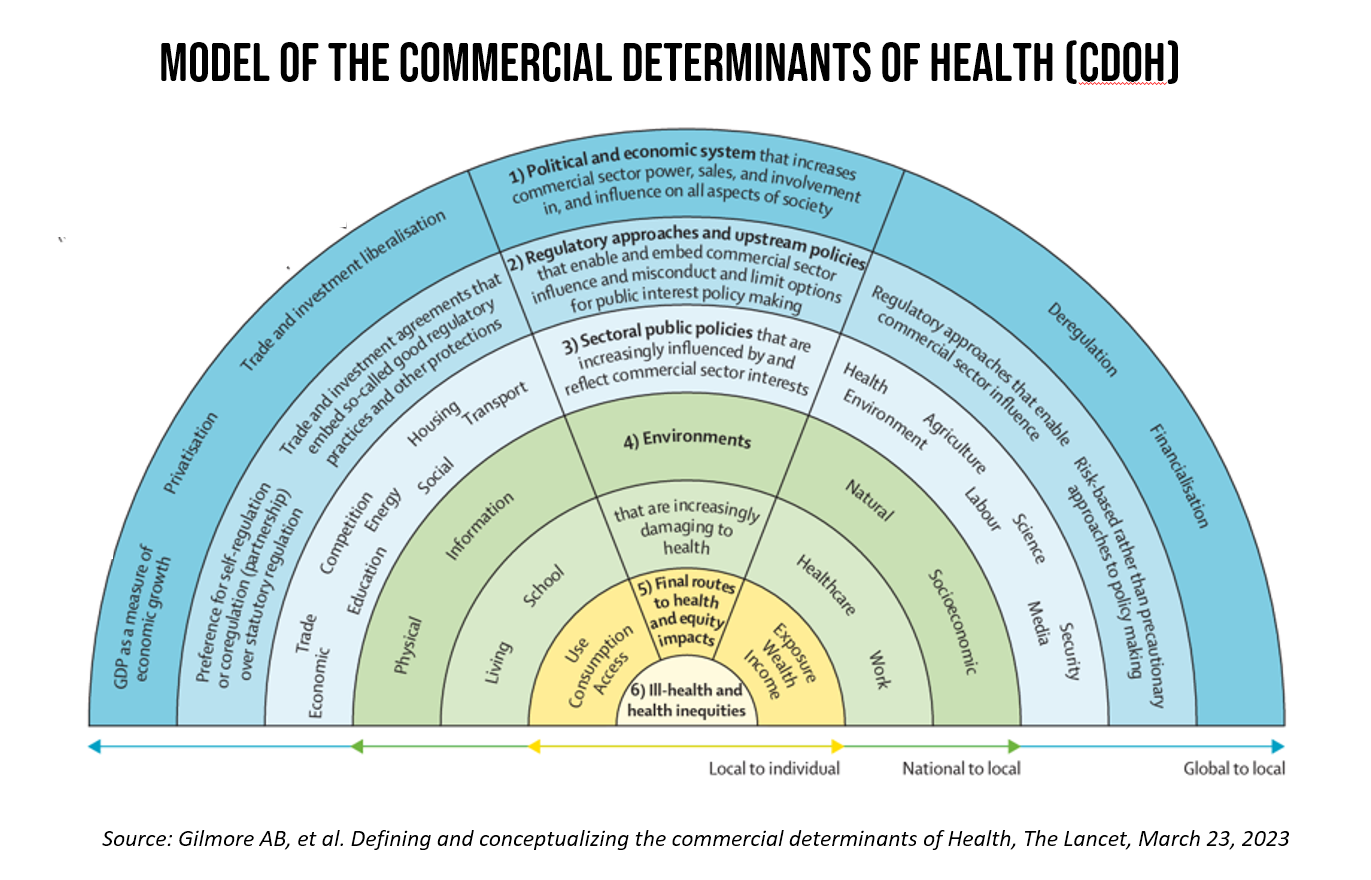
You’ve heard of the social determinants of health (SDoH), the driving factors that shape a person’s health beyond medical care. These include lifestyle behaviors such as smoking and food consumption, education, job security and wage stability, transportation and safe/clean physical environments, among other issues. There’s another lens on drivers of health that impact our well-being, the commercial determinants of health (CDoH). The Lancet‘s collection of research published online on March 23, 2022 explores CDoH’s role in shaping public and individual health, along with potential calls-to-action for addressing these challengres. Start with a definition of
More Consumers Expect Health/Care Companies to Be Purpose-Ful Versus All Other Industries
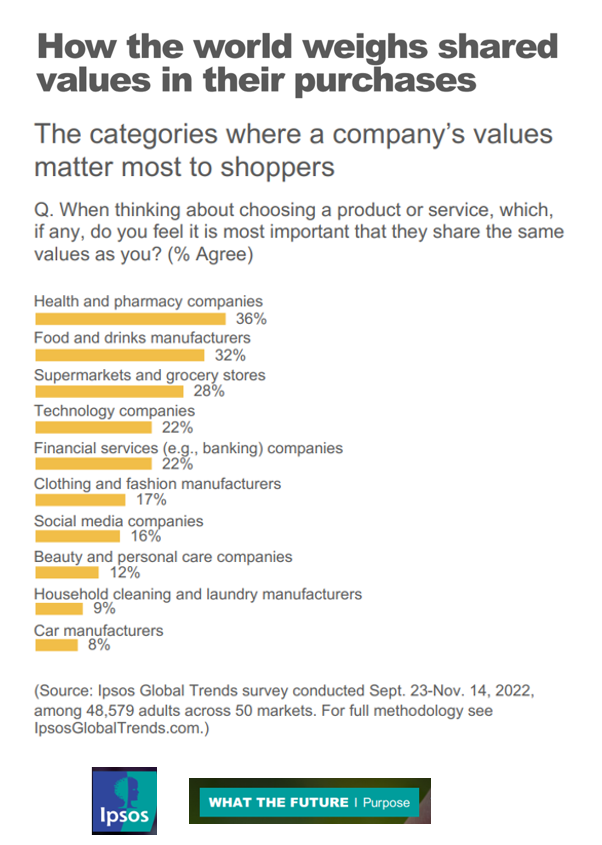
If your organization serves health consumers, patients, and caregivers, and you’re asking them to spend money on your services or products, then you’ll do well to be clear on your values and sense of purpose. In the latest Ipsos look into the future of “Purpose,” we find that consumers look most to health and pharmacy companies for shared values, compared with other industries people patronize such as food and grocery, technology and banks. To understand where Ipsos is coming from on this aspect of ESG, we’ll start with their territory map
Don’t Mess with Medicare and Medicaid, Washington: They Remain Popular with Americans Across Party ID
A majority of the U.S. public does not want politicians to “up-end” government-funded health programs, according to the Kaiser Family Foundation’s March 2023 Health Tracking Poll. Social Security, Medicare, and Medicaid all garner most partisans’ support whether identifying as Democrat, Independent, or Republican, KFF found in their monthly poll of U.S. voters ages 18 and over. The survey was conducted online and by telephone among 1,271 U.S. adults between March 14-23, 2023. Among all the important findings in this well-timed poll, I’ll point to the issue of public
Techquity: Getting Healthy Through Equity-by-Design
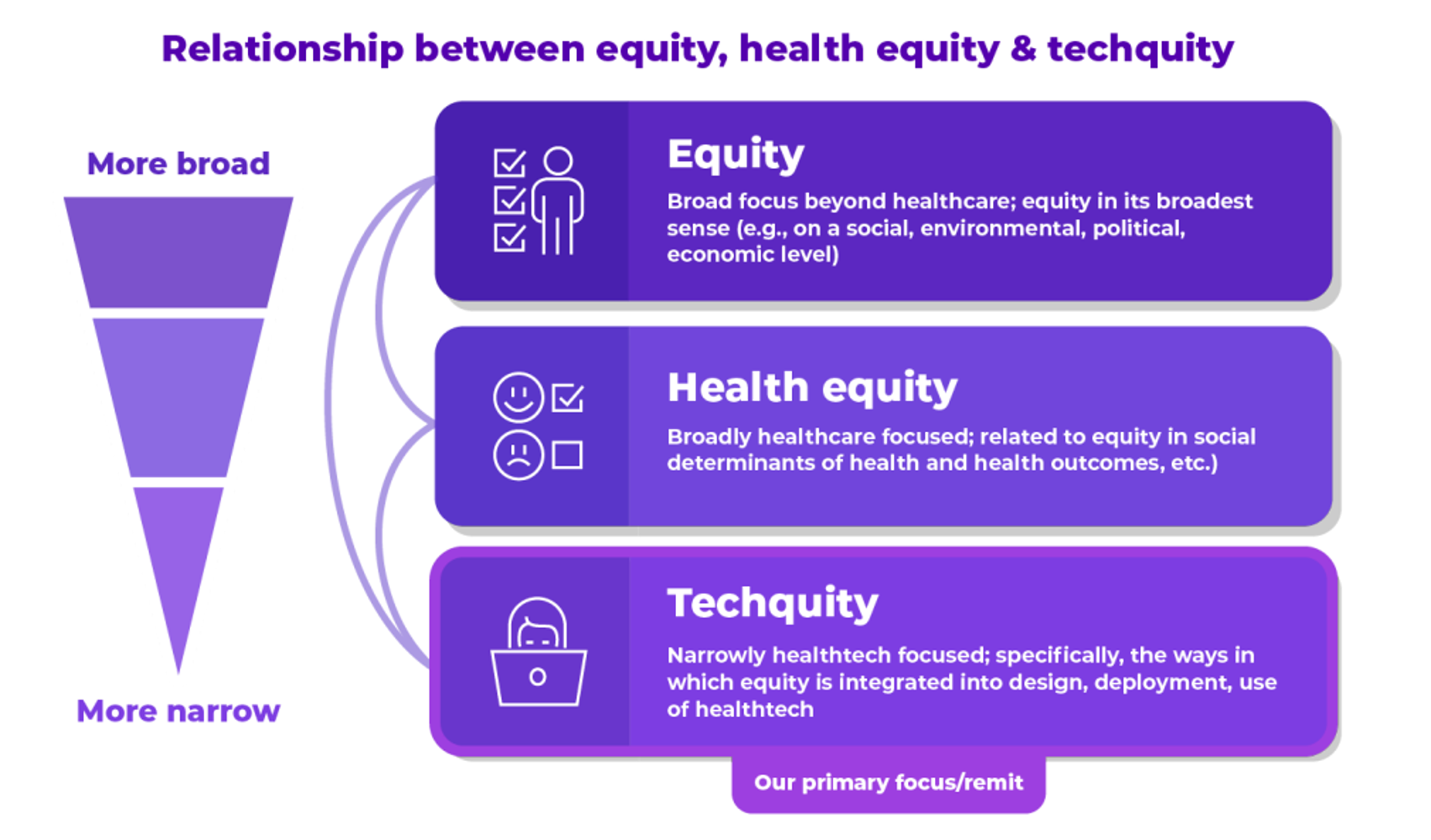
The U.S. spends more on health care than any other nation in the world. Yet Americans’ health outcomes rank relatively low compared with other wealthy peer nations on Planet Earth, manifesting a low return-on-investment for this huge financial spend. Nowhere is this more evident than in America’s place in equity compared with nine countries, shown in the graph on health care system performance from The Commonwealth Fund’s perennial study, Mirror, Mirror – the latest version of which was subtitled, “reflecting poorly” on health care in the U.S. Equity is an over-arching concept that the
The New Deaths of Despair in America – Among U.S. Children

The phenomenon of Deaths of Despair is the short-hand name for rising mortality among certainly people living in the U.S. due to overdose, accidents, and suicide. Angus Deaton and Anne Case published their first of many research papers on Deaths of Despair in 2015. Their research uncovered the risks of dying a Death of Despair to be higher among men, especially those between the ages of 25 and 64. But mortality isn’t only going in the wrong direction for those people most closely associated with the Deaths of Despair demographic: there’s another life-span line graph moving in the wrong direction,
Patients Have AI-Disconnect When it Comes to Their Health Care – Pew Research Center Insights
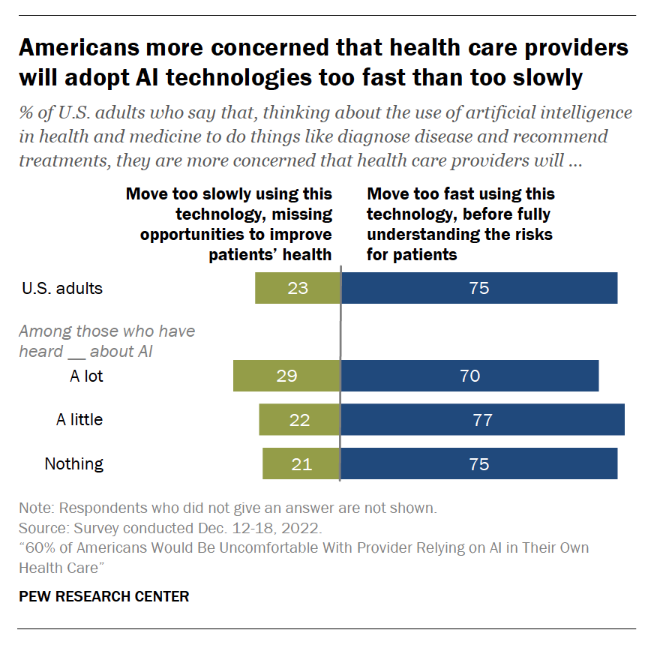
Most U.S. health citizens think AI is being adopted in American health care too quickly, feeling “significant discomfort…with the idea of AI being used in their own health care,” according to consumer studies from the Pew Research Center. The top-line is that 60% of Americans would be uncomfortable with [their health] provider relying on AI in their own care, found in a consumer poll fielded in December 2022 among over11,000 U.S. adults. Most consumers who are aware of common uses of AI know about wearable fitness trackers that can analyze exercise and sleep
Food-as-Medicine Update: How SNAP Members Face Greater Chronic Illness and a “Hunger Cliff”
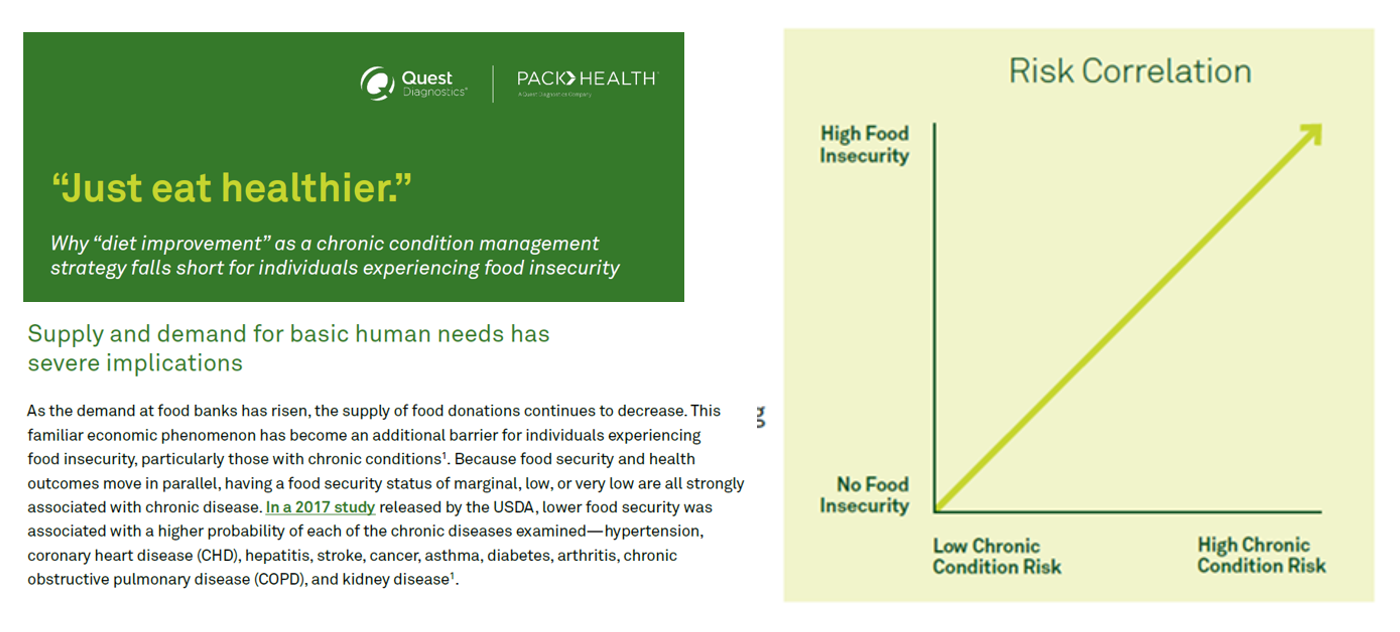
The pandemic worsened food insecurity for many people in the U.S., putting more people at risk for not only hunger but for chronic diseases that can be managed with access to nutritious, fresh food. In Helping SNAP Consumers During Economic Headwinds from Numerator, we get a current read on food security, the SNAP program, and the challenges of chronic health management that are intimately tied. To set some context on this current challenge to peoples’ health, the U.S. is facing the official end of the pandemic emergency on May 11, 2023. At that point, support for government-sponsored programs that have supported
The Top 10 Patient Safety Concerns for 2023 Are About Social, Mental and Behavioral Health
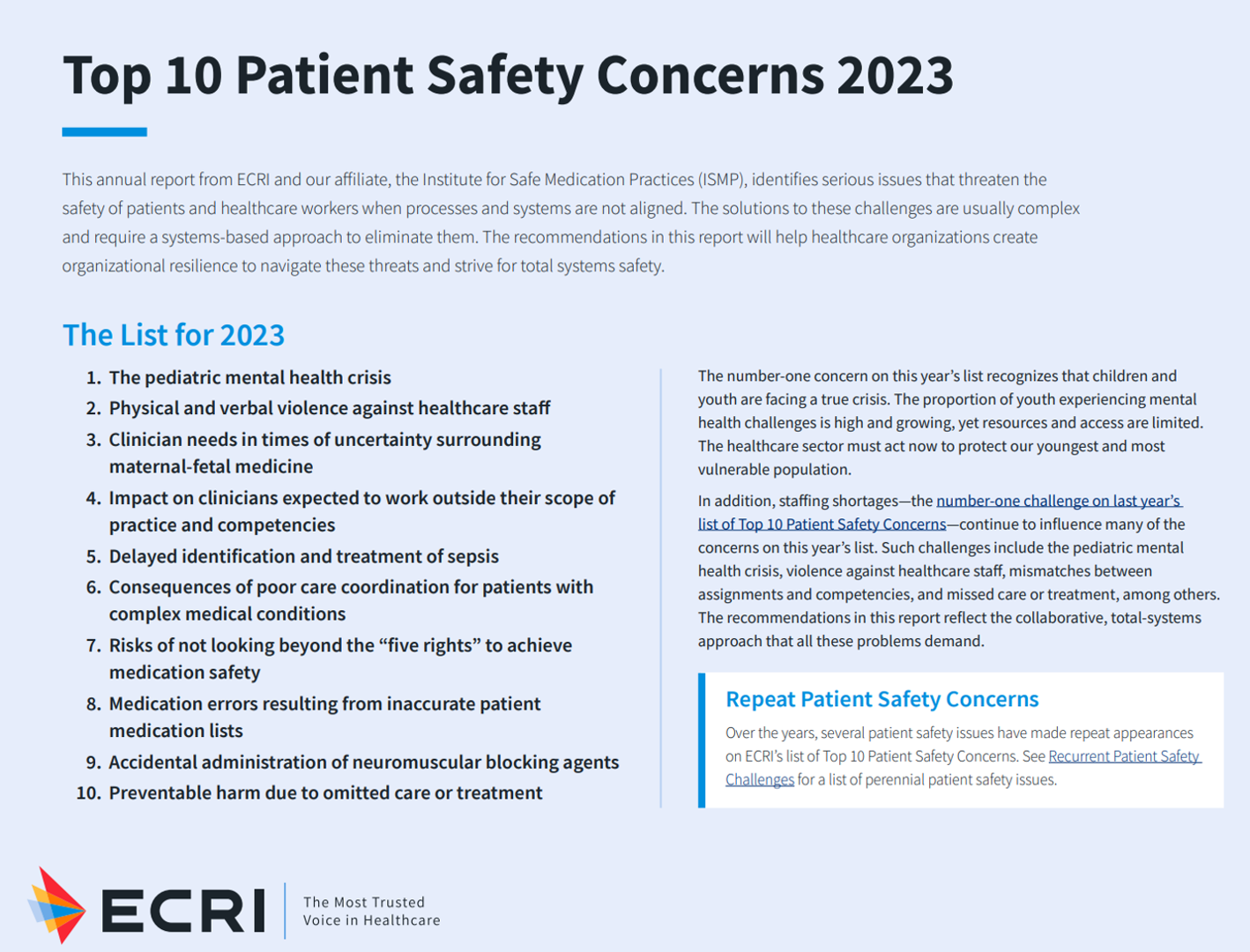
Ten years ago, ECRI named the top 10 health technology hazards for 2013: they were alarm hazards, medication administrative errors using infusion pumps, unnecessary exposure and radiation burns from diagnostic radiology procedures, patient/data mismatches in EHRs and other HIT systems, interoperability failures with medical devices and health IT systems, and five other tech-related hazards. In 2014, ECRI pivoted the title of this annual report to “patient safety concerns,” a nuance away from health technology. Fast forward to 2023 and ECRI’s latest take on the Top 10 Patient Safety Concerns 2023. While technology is embedded in this list, the headlines have more
Growing DTC for Health Beyond the Rx – the New Health/Care at Home
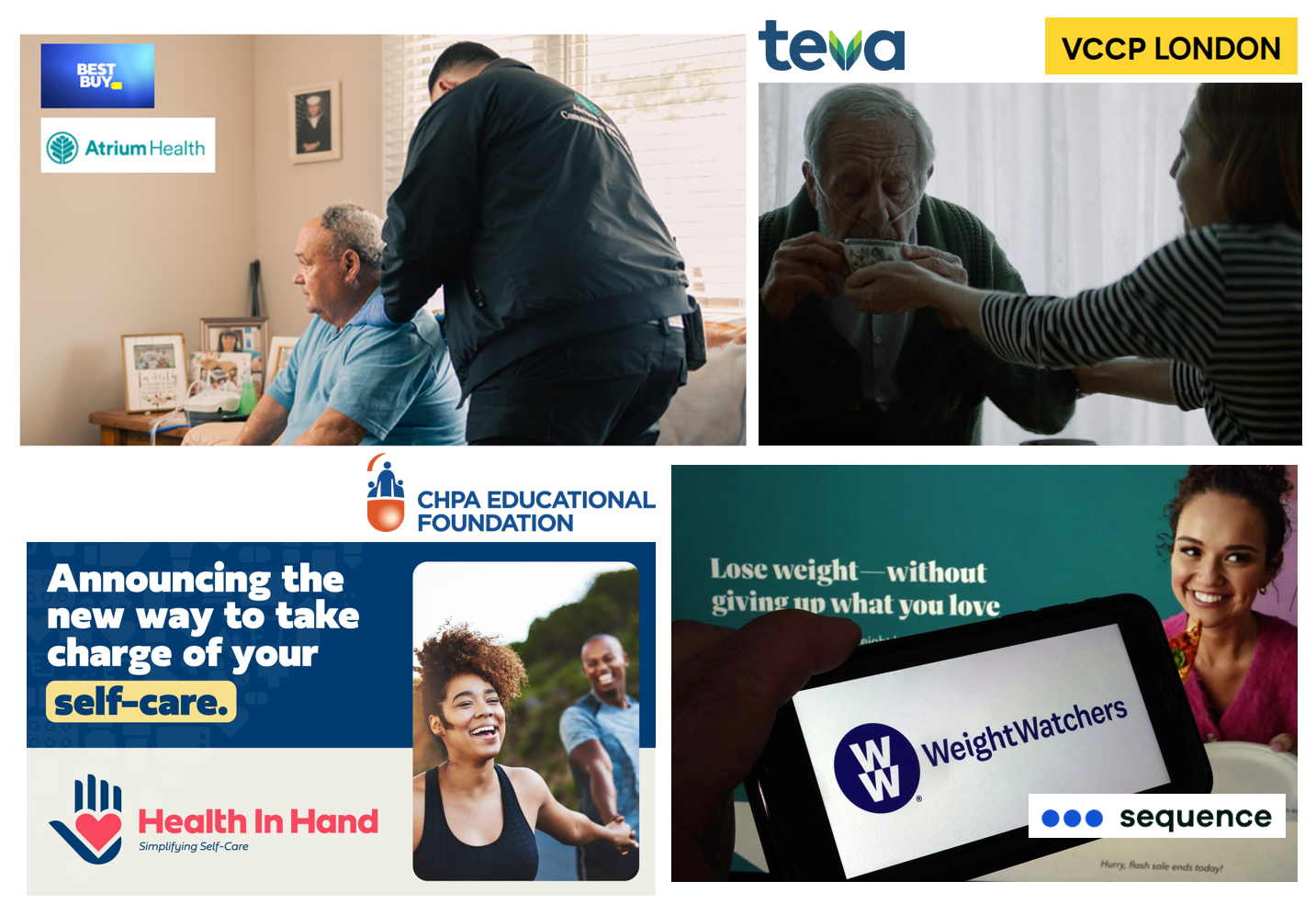
As our homes and health care services continue to converge, we can see signposts of direct-to-consumer strategies from the pillbox (where DTC is a mature thing) to clinical care in peoples’ hands (and on their preferred technology platforms). Some examples this week make this point, which taken together demonstrate the portfolio of ways more people – as health consumers and caregivers – can engage in their health, well-being, and clinical care. Start with Best Buy’s announcement that they will collaborate with the health system Atrium Health to bolster hospital-to-home effectiveness and activation between hospitals





 I was invited to be a Judge for the upcoming
I was invited to be a Judge for the upcoming 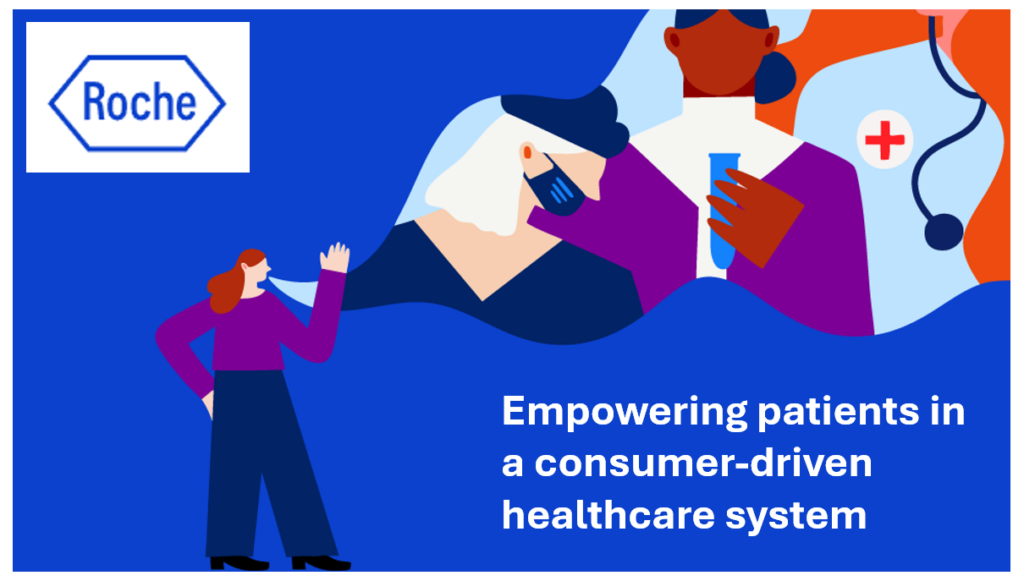 Thank you Team Roche for inviting me to brainstorm patients as health citizens, consumers, payers, and voters
Thank you Team Roche for inviting me to brainstorm patients as health citizens, consumers, payers, and voters  For the past 15 years,
For the past 15 years,